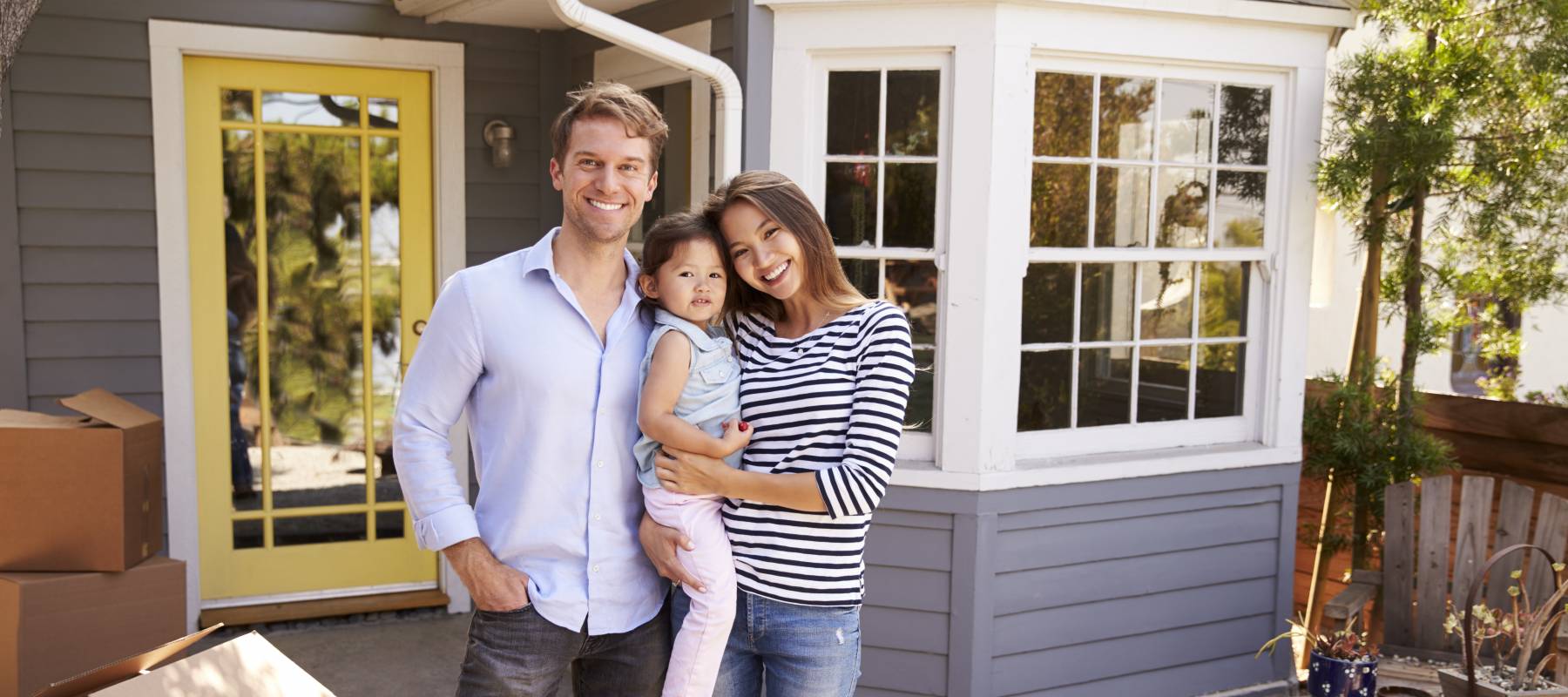Low down payment, higher costs

A lower down payment will mean higher mortgage payments.
In Canada, if you buy a home for less than $500,000, you'll have to pay a minimum of 5% up front. That percentage increases if the home costs more.
Whatever the minimum, if you make a low down payment, you'll face higher monthly mortgage payments. Use a mortgage calculator to estimate your monthly payment.
How come? Several reasons. The first is just simple math: If you put up less money now toward the price of the house, you'll need to borrow more and will have more of the cost to pay off.
Next, loans with lower down payments usually come with higher interest rates. You can take a look at mortgage rates online to see how smaller down payments might affect your interest rate.
Finally, a big reason is something that's often dreaded called mortgage insurance.
How much home can you afford?
Whether you're hunting for a new home or looking to refinance your mortgage, knowing how much your new loan might cost you is critical. Use our handy mortgage calculator to help you understand what your payments could look like.
Get StartedBenefits of a 20% down payment

Determine whether you can afford to make a larger down payment.
Lenders love it when you can make a 20% down payment, because that makes the mortgage a manageable risk. The lender believes it would have little trouble recouping the other 80% if you were ever to default on the loan and fall into foreclosure.
If you can't or don't want to put that much money down, the lender is required to take out mortgage default insurance for your loan, usually through the Canada Mortgage and Housing Corporation. It's insurance that helps pay off the loan if you ever stop paying. Mortgage insurance can be expensive, and lenders will dump the cost of the premiums on to you.
You get to choose between adding the premiums to your mortgage payments or disposing of them as an upfront lump sum. If you add the premiums to your regular payments, you'll have to pay interest on it.
And in Manitoba, Quebec, Ontario and Saskatchewan, you'll also have to pay sales tax up front.
If you're buying a home for $1 million or more, you can't get mortgage insurance and have to pay at least 20% up front.
Risks of a higher down payment

A higher down payment will tie up a lot of money in your house.
But making a larger down payment isn't always the smartest choice.
A big chunk of money will be tied up in your home. You won't have an easy way of getting at that money if you're suddenly slapped in the face with a major unexpected expense and don't have an emergency fund to deal with it.
And when you make a hefty down payment, there's also a chance you could lose that money completely. If you're ever foreclosed on, the down payment will never be returned.
Unexpected vet bills don’t have to break the bank
Life with pets is unpredictable, but there are ways to prepare for the unexpected.
Fetch Insurance offers coverage for treatment of accidents, illnesses, prescriptions drugs, emergency care and more.
Plus, their optional wellness plan covers things like routine vet trips, grooming and training costs, if you want to give your pet the all-star treatment while you protect your bank account.
Get A QuoteWhat should you do?

Weigh the pluses and minuses before making your decision.
Personal finance is just that: personal. There is no right or wrong answer to how much of a down payment should be made.
You have to weigh all the pros and cons and decide what would work best for you. You can easily compare mortgage rates from over 30 lenders below to see how your down payment might impact your monthly payments.
Sponsored
You're 5 minutes away from the best mortgage
Searching for your perfect mortgage shouldn’t be hard. Homewise is an online brokerage that will negotiate on your behalf with more than 30 big banks and other lenders, completely free, and it only takes five minutes to apply.
If you're in the market for a new mortgage, or if you're looking to refinance before interest rates rise again, go to Homewise now and answer a few simple questions to get started.









